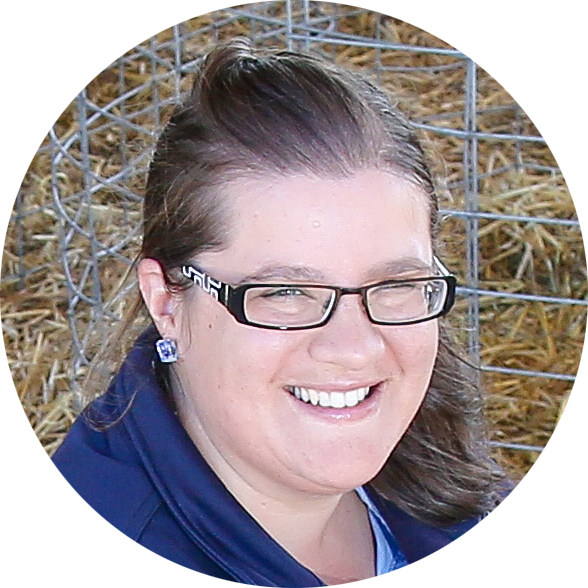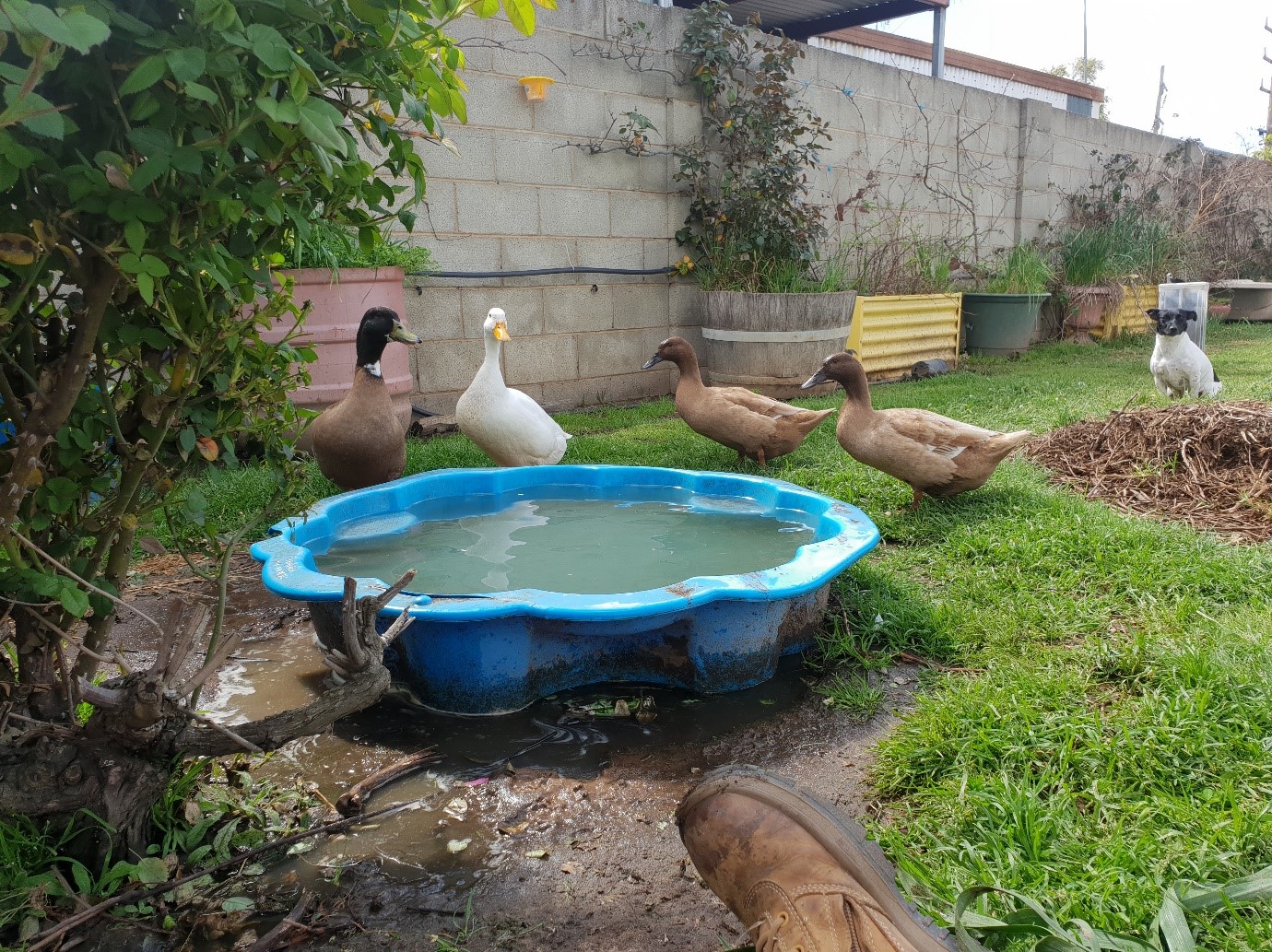Don't let bird flu fly in
 PRODUCTION ADVICE - AUGUST 2020 - ANIMAL BIOSECURITY & WELFARE
PRODUCTION ADVICE - AUGUST 2020 - ANIMAL BIOSECURITY & WELFARE
By Linda Searle
District Veterinarian
P: 03 5881 9919 | M: 0427 629 740 | E: linda.searle@lls.nsw.gov.au
 Do you keep birds at home? Did you know that avian influenza (AI), sometimes known as ‘bird flu’, can infect different species of birds including chickens, ducks, guinea fowl, aviary and wild birds?
Do you keep birds at home? Did you know that avian influenza (AI), sometimes known as ‘bird flu’, can infect different species of birds including chickens, ducks, guinea fowl, aviary and wild birds?
There is currently an outbreak of the H7N7 strain of AI near Lethbridge in Victoria. This has led to movement restrictions around birds, equipment and products in the Golden Plains Shire.
AI is a highly contagious viral disease of birds. The clinical signs in affected birds vary greatly depending on the type of bird, the strain of the virus and other diseases present.
Symptoms of AI in birds can include:
- sudden death
- difficulty breathing
- coughing/sneezing
- swollen head
- dark comb and wattle
- drops in feed intake, water intake and egg production
- decreased vocalisations.
Typical ‘sick bird’ signs such as ruffled feathers, depression, closed eyes and diarrhoea can also occur. Sometimes you can see nervous signs such as tremors of the head, unsteady gait, twisted neck or unusual body/head positions.
These symptoms are not specific to AI and can also be seen with other illnesses in birds.
Avian influenza is a notifiable disease in NSW. This means that if you think your bird might be infected, you should report it either to your local district vet, DPI or the Emergency Animal Disease hotline - 1800 675 888. The NSW DPI will pay the laboratory fee for testing to confirm or exclude AI.
Risk of disease in humans:
While some strains of AI can cause disease in humans, this is rare. Infected humans usually develop mild flu-like symptoms. The main risk to humans is direct close contact with sick birds. Properly cooked chicken meat and eggs are safe to eat. For further information on human health, contact NSW Health, and for food safety concerns, contact the NSW Food Authority.
Reduce the risk of AI infection:
Good biosecurity is the best way of decreasing the risk of AI and other diseases in birds. Diseases and pests can be transferred by the movement of birds, eggs, people, vehicles and equipment. Control what comes into contact with your birds. Buy your birds, feed and equipment from reputable sources. Keep an eye on your birds for symptoms such as deaths, respiratory issues or reduced egg production. If possible, minimise contact between domestic and wild birds. Control rodents and protect feed and water sources from contamination. Keep new birds separate for 2-3 weeks after arrival and monitor for signs of disease.
Early detection and good biosecurity are the best way to keep our backyard and commercial birds healthy. If you have any questions on avian influenza, notifiable diseases in birds or other animals, or biosecurity, contact your nearest Local Land Services animal health team 1300 795 299.